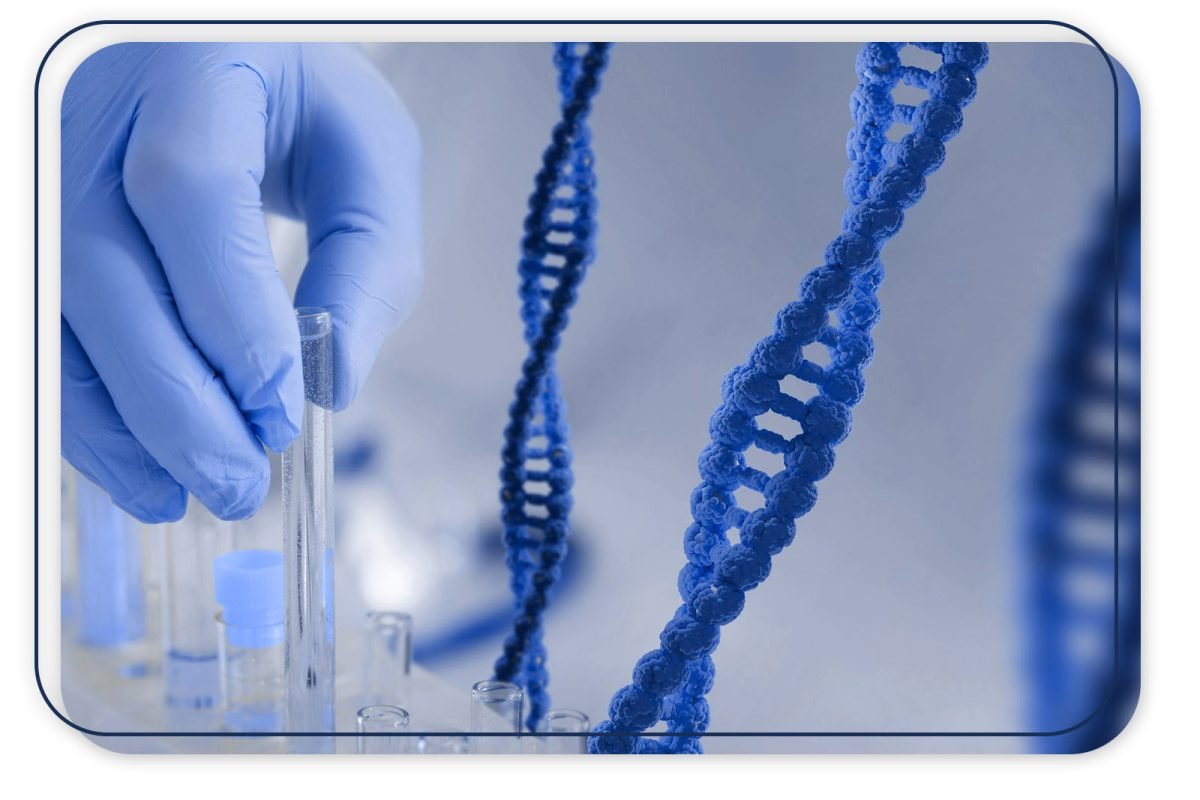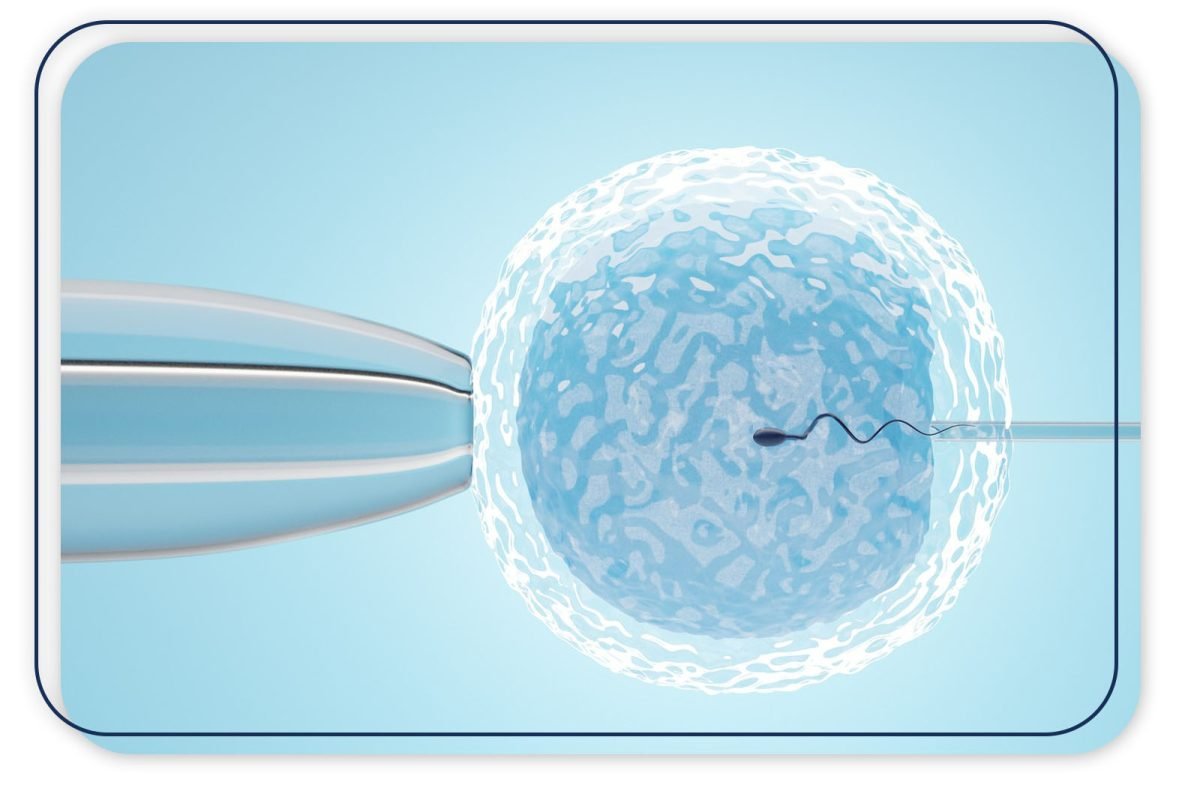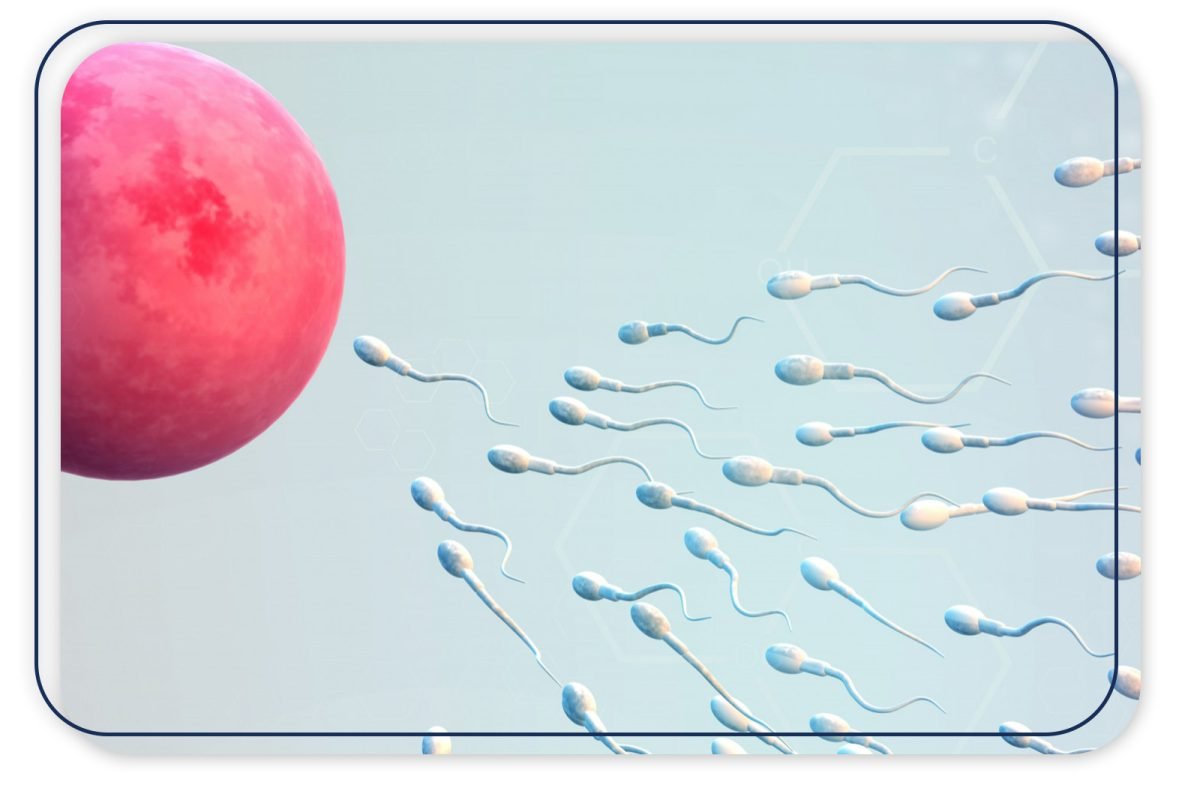
Treatments

Intrauterine Insemination (IUI): Enhancing Pregnancy Chances
Who is IUI Treatment for?
Intrauterine Insemination (IUI) Treatment is suitable for individuals in the following scenarios:
- Unsuccessful Conception: Women unable to conceive despite a year of unprotected intercourse.
- Normal Fertility Yet No Pregnancy: Those with normal fertility tests but still facing challenges conceiving.
- Unsuccessful Ovarian Monitoring: Women who’ve undergone unsuccessful 4-5 months of ovarian monitoring and treatment.
- Cervical Mucus Issues: Women with unhealthy cervical mucus.
- Specific Conditions: Patients dealing with vaginismus or antisperm antibodies.
For successful IUI treatment:
For Women:
- Normal Ovarian Reserve: Adequate egg production.
- Healthy Fallopian Tubes: Unobstructed and functional.
- Normal Uterus: A healthy environment for pregnancy.
For Men:
- Normal Sperm Quality: Structurally sound sperm.
- Adequate Sperm Count and Motility: Vital for successful IUI.
- Individuals not meeting these conditions might experience lower success rates with IUI treatment.
Procedure Overview:
The IUI procedure generally spans around 15 days and involves several steps:
- Hormonal Stimulation: Hormonal tablets or injections are administered for around 5-7 days to stimulate egg development, tracked via ultrasound.
- Sperm Preparation: Sperm is selected for optimal motility in the andrology lab and collected on the day of the procedure.
- Insemination: Around 36-38 hours after hormonal treatment, prepared sperm is introduced into the uterus via a catheter.
- Expectation: The aim is for the sperm to fertilize the egg, forming an embryo that attaches to the uterine wall, enabling pregnancy.
- Monitoring: Throughout the 15-day period, the procedure is monitored 2-3 times using ultrasound.
IUI provides a natural fertility treatment option for couples experiencing difficulties in conceiving, enhancing their chances of achieving pregnancy.
Contact Us
Details available with Every Demo

Projektet e ndërlidhura








